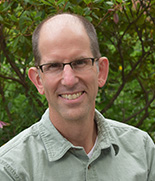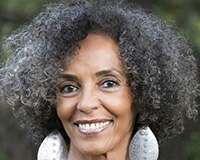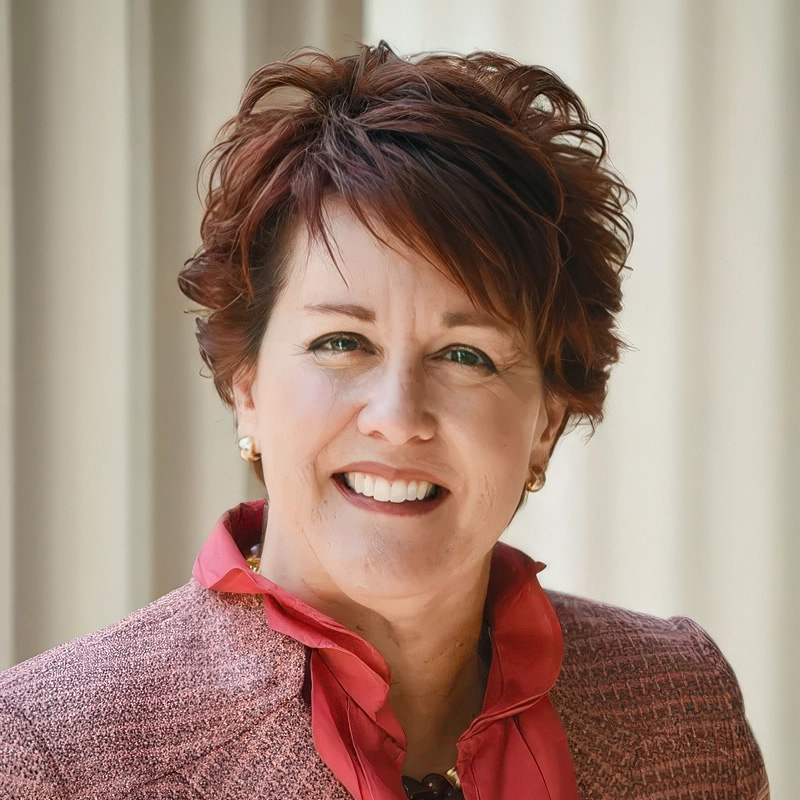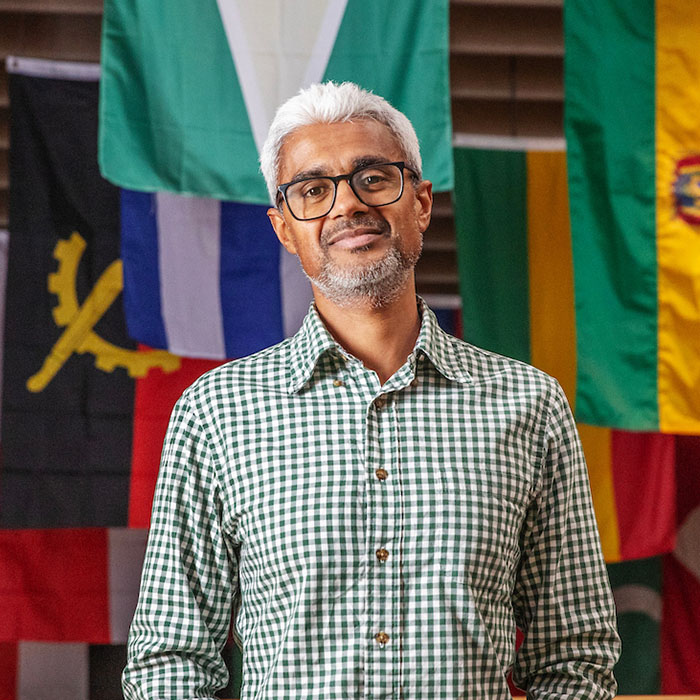Justice as restoration
“It can seem like such a radical thing” to bring an offender and victim together and “let them talk to each other,” admits sociology professor David Karp. But studies show it often fosters true healing, saves money, improves the well-being of both parties, and resets a proper social balance. Those are just some of the reasons he’s an active advocate for restorative justice as an alternative to adversarial and punitive adjudication.

Prof. David Karp
Through his Skidmore Project on Restorative Justice, he and colleagues have been sharing research and helping to train staff at campuses and schools that want to implement restorative practices. And lately, he’s been working with governments as well.
In his work at the now-closed Mt. McGregor prison near Saratoga, Karp had met a former inmate and others launching a web business to find jobs and support for those coming out of jail or prison. When People Work, not unlike match.com, uses algorithms to find good matches between willing employers and formerly incarcerated job-seekers. WPW’s software is being adapted to allow for citing prison-education certificates along with traditional diplomas, noting when parole prevents a job hunter from leaving the state, and displaying on phones rather than desktop computers.
Karp serves as the project’s academic consultant, sharing research— for example, on what social supports most affect job-finding and job-keeping—as well as conducting research on outcomes. And after a summer WPW job suggested by Karp, David Immerman ’17 has now shaped his senior thesis in economics to develop ways of quantifying key factors for WPW. As Immerman explains, a decent job that keeps a parent from returning to prison produces “positive impacts for the family, which in turn will positively impact the economy in general; however, measuring that impact is quite difficult.”
Progress being made in such quantification is crucial for pitching the project to potential adopters. Which is what Karp and others from WPW did last winter, when the State of Connecticut expressed interest in reducing its prison bills and getting investors to help fund a recidivism-reduction program in return for a share of the savings. Karp says the idea is growing on Wall Street, where firms are starting to dedicate staff to assessing research on the validity and value of public-private investments in social programs. Immerman was struck by the need for such initiatives as he learned how “the public oftentimes views spending on education and health care as socialist or unrealistic but seems very tolerant of high levels of spending on incarceration.” Karp says, in meeting with WPW, Connecticut’s governor, commissioner of corrections, and other state officials “asked good questions and wanted to try new solutions.” The state is now considering a one-year trial of WPW.
Another restorative project for Karp is Campus PRISM, or Promoting Restorative Initiatives for Sexual Misconduct. An international network of scholars, lawyers, and Title IX practitioners that Karp coordinates, PRISM has “rapidly expanded into some 30 working groups,” he says. The groups are focusing on prevention, such as promoting more in-depth and candid discussion to educate students about sexual conduct; response, such as offering campus-justice alternatives like facilitated restorative conversations (as distinct from mediation, which Title IX prohibits); and re-entry, such as developing offender-reintegration models that are acceptable to the victim and the campus community. Karp says, “We’re not alone: A group in New Zealand is offering RJ for campus sexual assault, and a nonprofit in Ireland is pursuing it. And in many cases the results are far better than traditional hearings or other responses.”
Last winter PRISM was invited to Washington, D.C., to meet with the White House’s special task force on campus sexual assault, the U.S. Education Department’s Office of Civil Rights staff that oversees Title IX, and the U.S. Department of Justice’s Office of Violence Against Women. Karp says he again found receptive ears, and the OVW issued a call for proposals to develop a pilot RJ approach for sexual assault and domestic violence from on-campus education to implementation to assessment. Karp hopes that PRISM’s proposal, with himself and a University of Arizona public-health professor as co-principals, will win the grant in the fall.

RJ speaker Fania Davis
Meanwhile, his RJ Project is co-sponsoring a guest speaker on Wednesday, March 22, at 7:30 p.m. in Gannett Auditorium. Fania Davis, co-founder and executive director of Restorative Justice for Oakland Youth, will discuss RJ, race, and the “school-to-prison pipeline.”
As a child in Birmingham, Ala., Davis lost two friends in the infamous 1963 church
bombing. She devoted her life to human rights and equality, practicing civil-rights
trial law for more than 25 years and then earning a Ph.D. in indigenous studies to
explore alternative healing and peace-making. [interview video]


